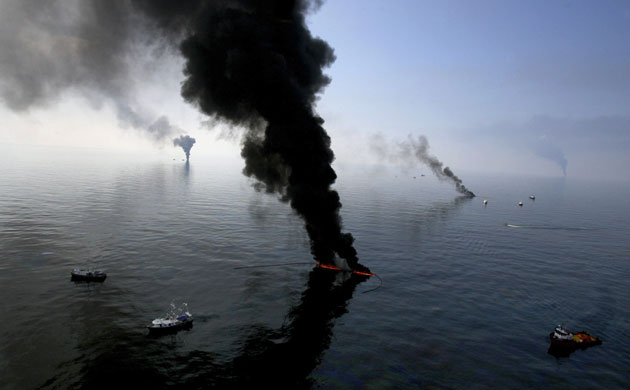
 Questions for the outgoing JLPP Editor-in-Chief Daniel Guzmán adapted by Sarah Hack from Marcel Proust, Inside the Actors Studio, and the Vanity Fair Magazine back page.
Questions for the outgoing JLPP Editor-in-Chief Daniel Guzmán adapted by Sarah Hack from Marcel Proust, Inside the Actors Studio, and the Vanity Fair Magazine back page.
What is your current state of mind?
Anxious.
What is your idea of perfect happiness?
Waking up in the morning and thinking that I can’t wait to get to work.
What is your greatest fear about the future of law & legal writing online?
That some will use the medium as an excuse to reduce the excellence we demand in legal writing, with respect to argumentation, analysis, and form. Also, that some will mistakenly presume that our discipline is less rigorous as a result of its transmission through the internet.
What is your favorite blog?
This one. Seriously, because I know what goes into it. With respect to other legal blogs, I really don’t follow many of them because I find them fundamentally uninteresting, except perhaps Dorf on Law. (http://www.dorfonlaw.org/)
Which historical or living lawyer/judge/legal academic/legal person do you most admire?
Historical: Justice Thurgood Marshal; he was a trailblazer. Living: Justice Sonia Sotomayor. She’s also a trailblazer, and I met her once, and she’s very kind and always willing to give of her time. I also have a great deal of admiration for Neal Katyal and Seth Waxman for their appellate advocacy before the Supreme Court. And Cornell Law School Professor Sheri Johnson, who has been a tremendous mentor, confidant, and friend, in addition to being an unbelievably good lawyer.
What is your greatest extravagance?
Probably that I own a desktop and a laptop, and wish I had a newer version of each.

Caitlin Gunther discusses the proposed Colombia Free Trade Agreement and some issues that Congress must consider before ratifying the agreement.

Sarah Hack discusses the NFL lockout after the expiration of the NFLPA, and opines on the antitrust suit Brady v. NFL.
 Recent democratic protests in the Middle East have had the inconvenient effect of raising the price Americans pay at the pump. Gas prices across the country are near or at record levels. Predictably, this has prompted a flurry of speechmaking and proposals from both sides of the aisle.
Recent democratic protests in the Middle East have had the inconvenient effect of raising the price Americans pay at the pump. Gas prices across the country are near or at record levels. Predictably, this has prompted a flurry of speechmaking and proposals from both sides of the aisle.
In a speech last Wednesday, President Obama reiterated the general policy goals he has been touting since he was Obama-the-candidate: cut oil imports, increase domestic fuel production, and increase the use of alternative energy sources. While Obama’s general policy goals have remained constant, the BP oil spill has altered his specific policies regarding domestic fuel production.
Prior to the BP oil spill, the expansion of offshore drilling played a key part in Obama’s plan to increase domestic fuel production. The spill has set back expansion in two key ways. First, the administration has made it more difficult to obtain offshore drilling permits because oil companies must now comply with new safeguards and regulations. (There were of course safety rules in place before the disaster, but they were under-enforced.) Second, the administration issued a six-month moratorium on all new deep-water drilling projects. Facing pressure from the oil industry and federal courts, the administration prematurely lifted the moratorium last October. Two months later, once scientists and other experts had begun to fully understand the horrific nature of the BP oil spill, the administration issued a revised moratorium on new offshore drilling in the eastern Gulf of Mexico, the Bristol Bay, and along the Atlantic and Pacific Coasts. The administration has expressed intent to keep this moratorium in place through 2017.
Last Tuesday, Rep. Doc Hastings (R-Wash.) introduced three bills to expand offshore drilling. One bill, entitled “Reversing President Obama’s Offshore Moratorium Act,” would allow new drilling in those areas currently under moratorium. This bill raises three main issues.